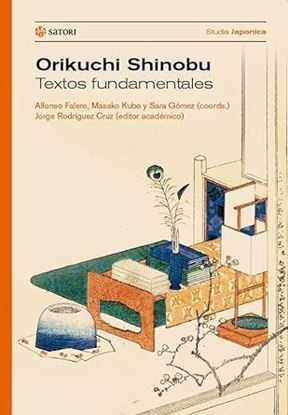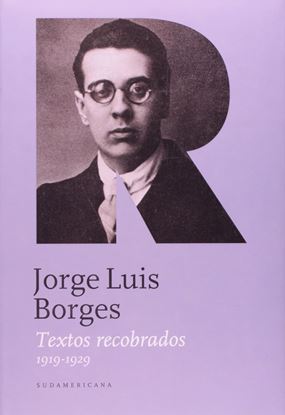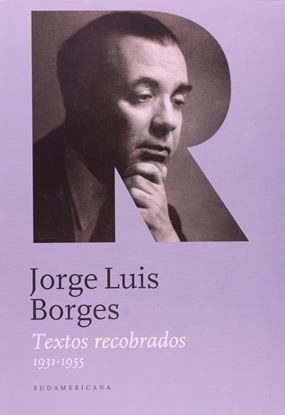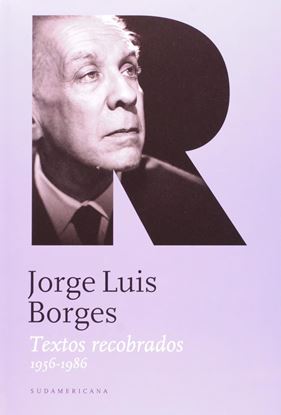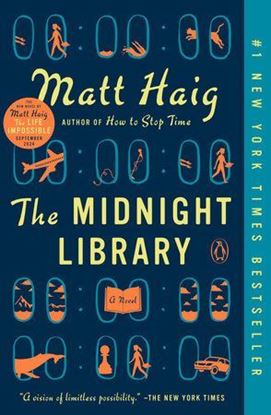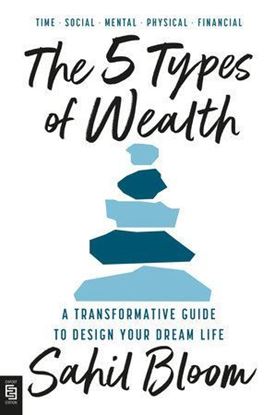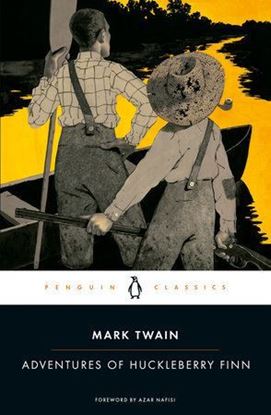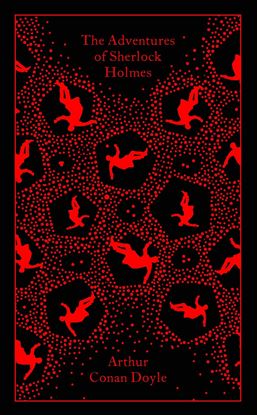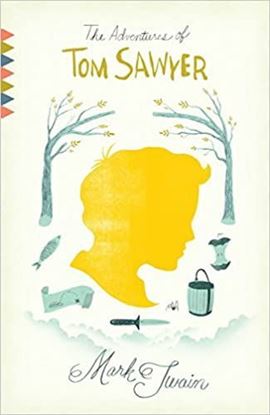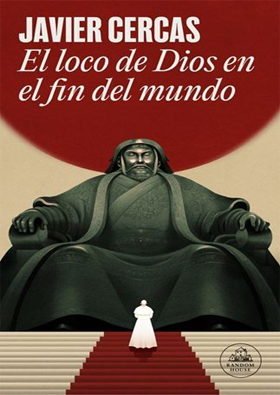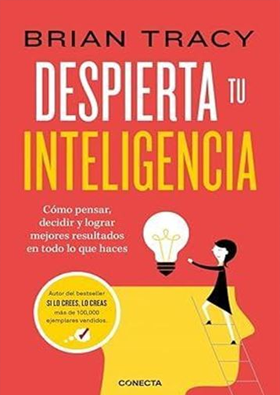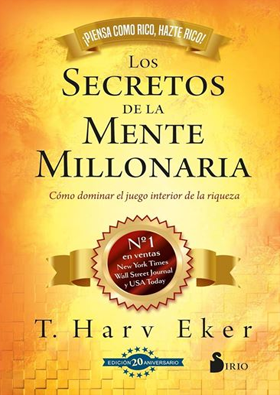

TEXTOS FUNDAMENTALES
Orikuchi Shinobu fue un lingüista, etnólogo, folclorista, novelista y poeta japonés. Referente de la crítica literaria nacional y de los estudios del folclore en las primeras décadas del siglo xx, este personaje no estuvo exento de polémica por su asociación con el militarismo japonés, su adicción a la cocaína y su homosexualidad declarada. El presente volumen recoge la primera recopilación del trabajo de estudio y traducción sobre la figura de Orikuchi Shinobu con una serie de ensayos y traducciones publicados por primera vez en español, algunos de ellos sin referente en otras lenguas europeas. Esta obra pretende no solo cubrir un hueco de conocimiento necesario en la niponología hispana, sino también reevaluar la obra, la figura y el legado de este autor.
1,500
TEXTOS RECOBRADOS I 1919-1929
Alguna noche, suelo ubicar mis horas en la serenidad del barrio de
Almagro: empresa que tiene su poco de catástrofe en cada punta, pues
para ir y volver es obligatorio descender a la tierra como los muertos e
incluirse en una hilera de ajetreos que hay entre la plaza de Mayo y la
estación Loria, y resurgir con una sensación de milagro incómodo y de
personalidad barajada, al mundo en que hay cielo. Claro está que esas
plutónicas y agachadas andanzas tienen su compensación: tal vez la más
segura es poder considerar ese grande y bien iluminado plano de Buenos
Aires que ilustra las paredes enterradas de los andenes. ¡Qué maravilla
definida y prolija es un plano de Buenos Aires! Los barrios ya pesados
de recuerdos, los que tienen cargado el nombre: la Recoleta, el Once,
Palermo, Villa Alvear, Villa Urquiza; los barrios allegados por una
amistad o una caminata: Saavedra, Núñez, los Patricios, el Sur; los
barrios en que no estuve nunca y que la fantasía puede rellenar de
torres de colores, de novias, de compadritos que caminan bailando, de
puestas de sol que nunca se apagan, de ángeles: Pueblo Piñeiro, San
Cristóbal, Villa Domínico.
1,300
TEXTOS RECOBRADOS II 1931-1955
De una a siete de la tarde -mis horas oficiales o "teóricas" de
trabajo- me confieso un impostor, un chambón, un equivocado esencial. De
noche (conversando con Xul Solar, con Manuel Peyrou, con Pedro Henríquez
Ureña o con Amado Alonso) ya soy un escritor. Si el tiempo es húmedo y
caliente, me considero (con alguna razón) un canalla; si hay viento sur,
pienso que un bisabuelo mío decidió la batalla de Junín y que yo mismo
he consumado unas páginas que no son bochornosas. Me pasa lo que a
todos: soy inteligente con las personas inteligentes, nulo con las
estúpidas.
1,200
TEXTOS RECOBRADOS III 1956-1986
Hacia 1957 reconocí con justificada melancolía que estaba quedándome
ciego. La revelación fue piadosamente gradual. No hubo un instante
inexorable en el tiempo, un eclipse brusco. Pude repetir y sentir de
manera nueva las lacónicas palabras de Goethe sobre el atardecer de cada
día: Alles nahe werde fern (Todo lo cercano se aleja). Sin prisa pero
sin pausa -¡otra cita goetheana!- me abandonaban las formas y los
colores del querido mundo visible. Perdí para siempre el negro y el
rojo, que se convirtieron en pardo. Me vi en el centro, no de la
oscuridad que ven los ciegos, como erróneamente escribe Shakespeare,
sino de una desdibujada neblina, inciertamente luminosa que propendía al
azul, al verde o al gris. Ya no había nadie en el espejo; mis amigos no
tenían cara; en los libros que mis manos reconocían solo había párrafos
y vagos espacios en blanco pero no letras.
1,200
THE MIDNIGHT LIBRARY
Somewhere out beyond the edge of the universe there is a library that contains an infinite number of books, each one the story of another reality. One tells the story of your life as it is, along with another book for the other life you could have lived if you had made a different choice at any point in your life. While we all wonder how our lives might have been, what if you had the chance to go to the library and see for yourself? Would any of these other lives truly be better?
In The Midnight Library, Matt Haig's enchanting blockbuster novel, Nora Seed finds herself faced with this decision. Faced with the possibility of changing her life for a new one, following a different career, undoing old breakups, realizing her dreams of becoming a glaciologist; she must search within herself as she travels through the Midnight Library to decide what is truly fulfilling in life, and what makes it worth living in the first place.
850
THE 5 TYPES OF WEALTH
Throughout your life, you’ve been slowly indoctrinated to believe that money is the only type of wealth. In reality, your wealthy life may involve money, but in the end, it will be defined by everything else.
After three years of research, personal experimentation, and thousands of interviews across the globe, Sahil Bloom has created a groundbreaking blueprint to build your life around five types of wealth: Time Wealth, Social Wealth, Mental Wealth, Physical Wealth, and Financial Wealth. A life of true fulfillment engages all five types—working dynamically, in concert across the seasons of your journey.
1,350
THE ADVENTURES OF HUCKLEBERRY FINN
In recent years, neither the persistent effort to “clean up” the racial epithets in Mark Twain’s Adventures of Huckleberry Finn nor its consistent use in the classroom have diminished, highlighting the novel’s wide-ranging influence and its continued importance in American society. An incomparable adventure story, it is a vignette of a turbulent, yet hopeful epoch in American history, defining the experience of a nation in voices often satirical, but always authentic.
550
THE ADVENTURES OF SHERLOCK HOLMES (TD)
A collection of the most famous cases faced by Sir Arthur Conan Doyle's peerless creation, now in a beautiful hardcover edition designed by Coralie Bickford-Smith
This collection of The Adventures of Sherlock Holmes and the Memoirs of Sherlock Holmes includes many of the famous cases - and great strokes of brilliance - that made the legendary detective one of fiction's most popular creations. With his devoted amanuensis Dr Watson, Holmes emerges from his smoke-filled room in Baker Street to grapple with the forces of treachery, intrigue and evil in such cases as 'The Speckled Band', in which a terrified woman begs their help in solving the mystery surrounding her sister's death, or 'A Scandal in Bohemia', which portrays a European king blackmailed by his mistress. In 'Silver Blaze' the pair investigate the disappearance of a racehorse and the violent murder of its trainer, while in 'The Final Problem' Holmes at last comes face to face with his nemesis, the diabolical Professor Moriarty - 'the Napoleon of crime'.
1,650
THE ADVENTURES OF TOM SAWYER (VINTAGE CL
Mark Twain was one of the nineteenth century's greatest chroniclers of childhood, and of all his works his beloved novel The Adventures of Tom Sawyer most enchantingly and timelessly captures the sheer pleasure of being a boy.
Tom Sawyer is as clever, imaginative, and resourceful as he is reckless and mischievous, whether conning his friends into painting a fence, playing pirates with his pal Huck Finn, witnessing his own funeral, or helping to catch a murderer. Twain’s novel glows with nostalgia for the Mississippi River towns of his youth and sparkles with his famous humor, but it is also woven throughout with a subtle awareness of the injustices and complexities of the old South that Twain so memorably portrays.
650


